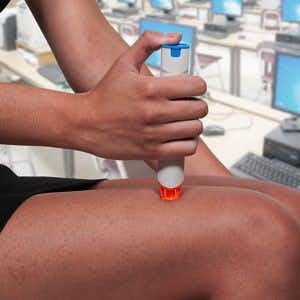
The drug company Mylan got into trouble last year because of the extraordinary increase in its price for its epinephrine auto-injector. The EpiPen maker is now in a different type of trouble with the Food and Drug Administration.
FDA Finds Fault with Indian Facility of EpiPen Maker:
This global generic pharmaceutical manufacturer fell short during an inspection in India. The FDA has sent a letter saying:
“Your quality system does not adequately ensure the accuracy and integrity of data to support the safety, effectiveness, and quality of the drugs you manufacture.”
The facility, in the Indian state of Maharashtra, makes antiviral drugs for treating HIV. The FDA found missing, deleted and lost data and unexplained discrepancies between drug batches.
Mylan Is Not the Only Manufacturer to Run into Trouble:
Increasingly, generic drug companies are relying on Indian manufacturing facilities to produce inexpensive medications. Many have run afoul of the FDA’s expectation of quality control.
The problem is not new. We have been writing about it for years, as we did in this 2014 post. It cited an extensive analysis of the problem by Gardiner Harris of The New York Times.
With most of our medications now in generic form, and most generics being made outside the country, such problems are widespread. We also wrote about them in 2015. How will drug companies, including the EpiPen maker, clean up their quality control processes so that consumers can trust them again?

